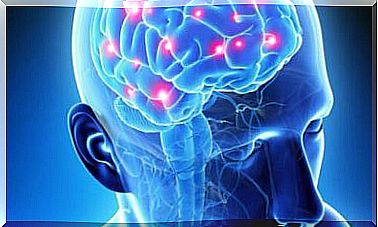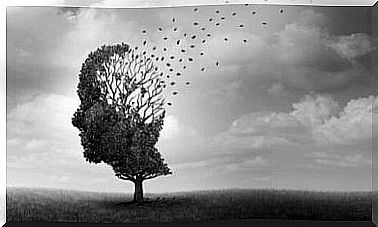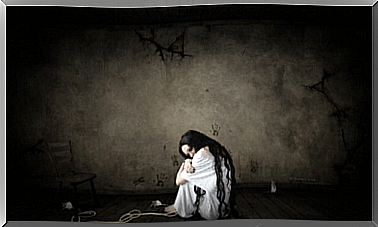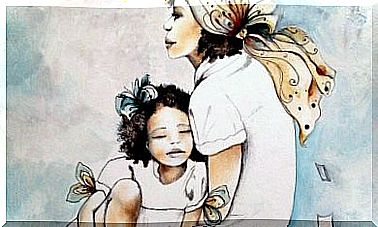7 Factors That Damage Your Relationship With Yourself
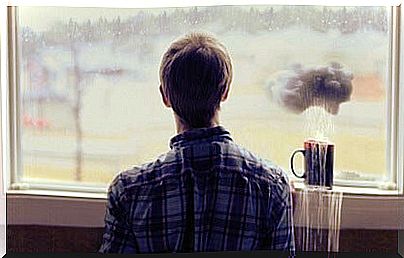
It is hard to believe that there are factors that damage the relationship with yourself and that you are the one in charge of feeding them. After all, each person is supposed to seek the best for himself. But the human being is paradoxical and many times incomprehensible, that is why sometimes he acts in ways that go against his well-being.
In our adult life, the most important relationship is the one we have with ourselves. We are supposed to have attained sufficient knowledge and experience to act with free will. A freedom that we sometimes use, consciously or unconsciously, taking measures that damage the relationship with yourself.
No one deliberately cultivates internal conflict. Surely you, like most people, want to be well. And if you’re okay, you want to be better. The problem is that there are preconscious or unconscious mechanisms that prevent it. Hence, it is important to recognize those factors that damage the relationship with yourself. Here are some of them.
1. Psychological dependence
Psychological dependence is one of those factors that damage the relationship with yourself. It is born from a feeling of handicap, conscious or unconscious. The person sees themselves as someone who needs support and protection, without realizing that this need is fictitious and that all it does is restrict their independence a lot.
Sometimes these kinds of feelings are the fruit of restrictive parenting. The person has never been exposed to situations that really put their capacity to the test: their environment has overprotected them.
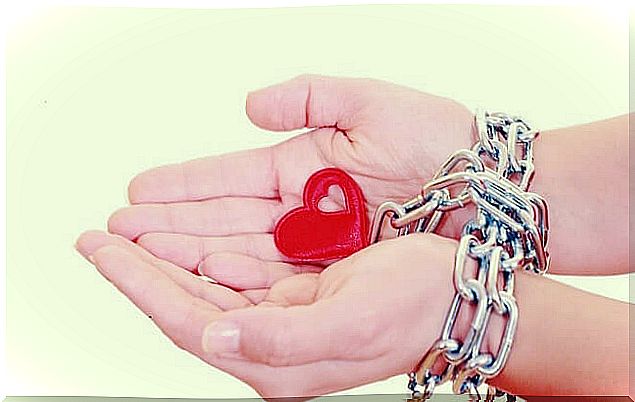
2. Not living in the present, one of the factors that damages the relationship with yourself
Not living in the present is a kind of alienation. Today is the time in which the past and the future are condensed. Everything that is not present exists only in our mind, either in the form of memories or in the form of predictions.
Not being able to place yourself in the here and now damages the relationship you have with yourself: it is a habit that calls for inaction. As the past and the future only inhabit the mind, the usual thing is that the action is abandoned and the attention is hijacked in the mental dynamics itself.
3. Excessive sense of duty
In reality, we all put the label of obligation on many more tasks than those that are at heart of this nature . In many cases, that “I have to” only exists in our imaginary world. It is only an option that we have chosen, and that basically does not represent any obligation.
This damages the relationship with yourself because, as the level of demand increases, reinforcements will become more difficult to obtain. It will be more complicated for us to feel, for example, that we have done a good job if we feel that we had an obligation to have bound it in a certain way, and it could not be.

4. Self-blame
It has to do with assuming responsibilities that do not correspond to you or building role models in which you demand more of yourself than you can give. Obviously it is one of the factors that damage the relationship with yourself, because you end up being an implacable judge of your actions, and even of your thoughts and desires.
There are many things in life that we cannot become, or achieve. This does not make us bad, but simply human. There is no need to blame ourselves for anything. If we make a mistake, we fix it. Then we turn the page.
5. Believe in luck
The belief in luck, overestimating its influence, also makes us more passive . At the same time, it also tends to make us more superstitious, using our resources to take action that is not really associated with the flow of events.
That chance plays an important role does not mean that we go through life fulfilling a written destiny. That we can not choose the cards, does not mean that they end the course of the game.
6. Being prejudiced
Prejudices are fixed ideas that allow us to work with simple realities – with few nuances – that reduce our cognitive expenditure at the cost of increasing the risk of making mistakes. They are generalizations, often assumed uncritically, either because they come from trusted people, powerful sources of influence, or times when we didn’t have many resources to analyze them.
These preconceptions affect your relationship with yourself because they reduce your perspective and prevent you from moving forward. They also feed fears that are totally imaginary and impoverish our social circle.
7. Obsession for fairness
Justice is a good that we all want. The problem is that it is an instance or dimension in which there are not always easy answers. What is fair to someone may not be fair to others. Not to mention the times we use “fair” and “good” as synonyms, when they are not always so.
When the interest in justice becomes an obsession, it is possible that we become judges of matters over which we have no jurisdiction. On the other hand, in a lawsuit it is not always possible, when the interests are at odds, to give the fairest verdict for all parties.
All these factors damage the relationship with yourself and become obstacles to achieving well-being. The good news is that it is not that difficult to turn things around and adopt more constructive perspectives.
